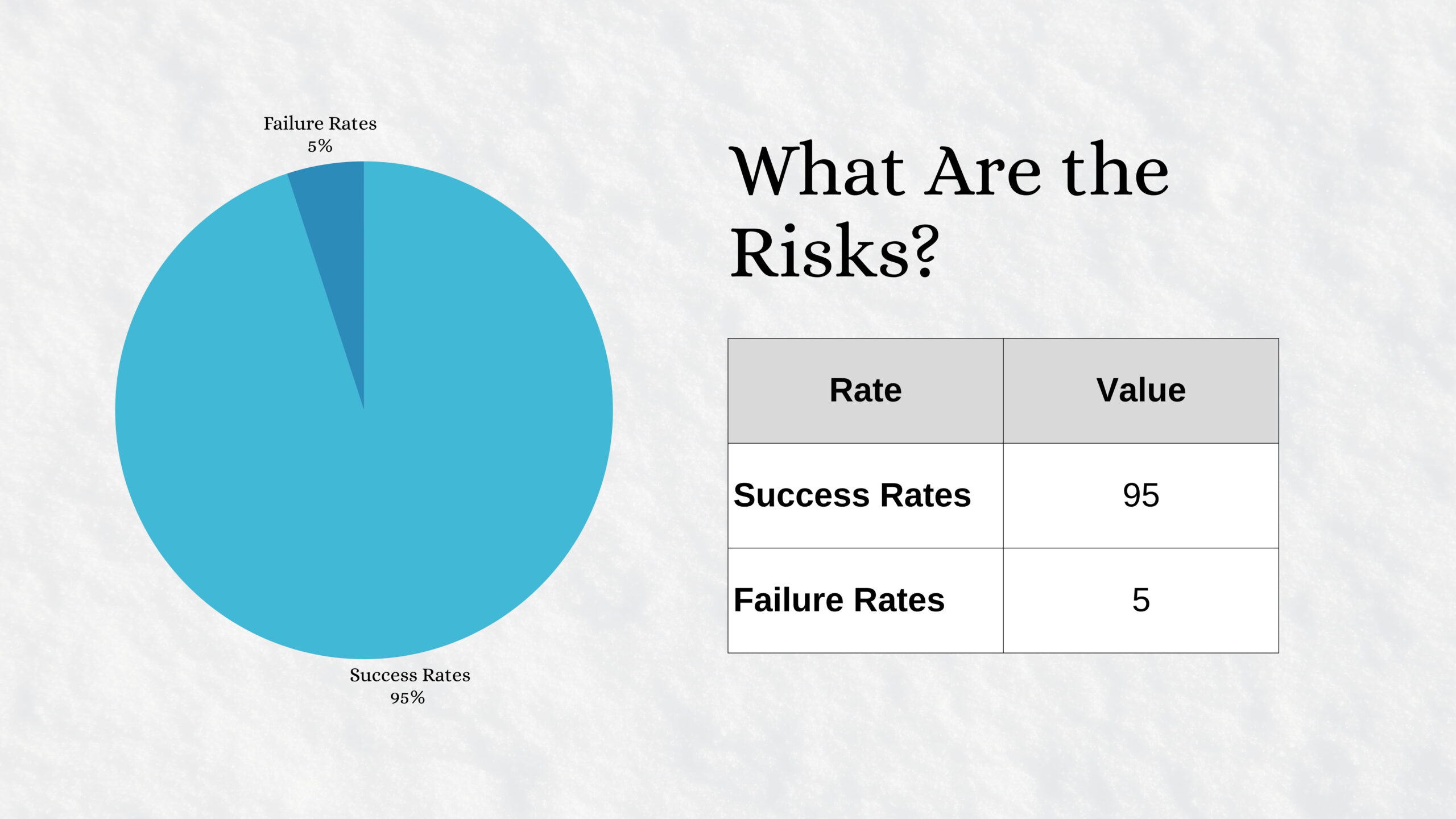
What No One Tells You About Dental Implants — The Real Truth Behind That Perfect Smile
Losing a tooth just does not affect how you eat – it affects how you smile, speak, and even how confident you feel publicly. If you are searching for permanent dental replacement options, you will probably come into dental transplants. And while they’re widely praised as the “gold standard,” there are still questions most people never get full answers to.
You deserve the full story — not just the benefits, but also the process, the cost, the timeline, and the realities behind that confident, implant-supported smile.
So let’s dive into the truth about dental implants, backed by facts and real-world insights.
Why Dental Implants Raise Eyebrows (And Deserve a Closer Look)
It’s completely normal to feel a little hesitant about dental implants at first. Many people ask:
- Is the dental implant procedure painful?
- Are implants really worth the cost?
- How long does the process take?
- What if it doesn’t work?
These are valid concerns. Dental implants are an investment — in your health, your smile, and your confidence. But once you understand what they offer (and why they outperform other options), most of that fear turns into clarity.
So, What Makes Dental Implants Stand Out?
Here’s what makes dental implants a preferred choice among tooth replacement options:
- They’re Anchored in Bone — Like Real Teeth
Dental implants aren’t just placed on your gums like dentures. A titanium post is surgically placed into your jawbone, where it fuses naturally through a process called osseointegration. This gives you a stable, permanent foundation for chewing, speaking, and smiling without worry. - They Help Preserve Your Jaw and Facial Structure
Missing teeth don’t just leave a gap — they trigger bone loss in your jaw. Over time, this can lead to facial sagging and premature aging. Implants stimulate the bone, just like natural teeth roots, preventing this from happening. Bridges and dentures simply can’t do that. - They Don’t Hurt Your Other Teeth
Some tooth replacements, like bridges, mean your dentist has to file down the teeth next to the missing one. That can damage healthy teeth and cause problems later. Implants don’t mess with your other teeth at all — they stand on their own, so your other teeth stay safe and healthy. - They Last a Long Time
With good care, implants can last for decades — sometimes even your whole life. That’s way longer than bridges (which usually last 5 to 15 years) or dentures (which often need replacing every few years). So yeah, they might cost more upfront, but over time, they usually save you money and hassle and pain you feel.
How Much Do Dental Implants Cost? The Honest Breakdown
Yes, dental implants cost more upfront, but consider what you’re really paying for: durability, comfort, bone protection, and natural aesthetics.
| Procedure | Typical Cost (USD) | What It Includes |
| Initial Evaluation | $75 – $200 | X-rays, CT scans, treatment planning |
| Implant Post | $1,000 – $3,000 | Titanium root placed in jawbone |
| Abutment & Crown | $800 – $2,000 | Custom connector and visible tooth |
| Bone Graft (if needed) | $300 – $1,500 | Enhances jawbone for implant stability |
| Full Mouth Implants (All-on-4/6) | $15,000 – $50,000+ | For complete upper or lower arches |
Tip: Many patients consider getting dental implants in countries like Mexico, India, Turkey, and Thailand, where prices are significantly lower — often by 50% or more — when working with qualified professionals.
What’s the Process Affordable Teeth Implants
The dental implant journey isn’t a one-day fix. It’s a strategic, multi-step process that ensures long-term success:
- Consultation & Imaging: Digital scans and X-rays assess your bone structure.
- Tooth Extraction (if needed): The damaged tooth is removed.
- Bone Grafting (optional): Done if your jawbone needs strengthening.
- Implant Placement: The titanium post is placed under local anesthesia.
- Healing Period (3–6 months): The bone fuses with the implant.
- Abutment & Crown: A natural-looking crown is added to complete your smile.
- Recovery: Most people experience mild discomfort for 2–3 days. It’s usually manageable with over-the-counter pain relievers and simple aftercare steps.
What Are the Risks? (They’re Rare — But Real)
While dental implants are known for their high success rate, no procedure is entirely risk-free:
- Implant failure can occur in less than 5% of cases.
- Smoking, uncontrolled diabetes, and poor oral hygiene increase risks.
- Infections or nerve damage are possible, but rare with proper care.
That said, studies consistently show success rates of 95% or higher, even after a decade or more.

How to Care for Dental Implants (and Make Them Last Decades)
The good news? Caring for dental implants is straightforward:
- Brush twice daily with a soft-bristled toothbrush
- Floss carefully around the implant
- Use non-abrasive toothpaste
- Schedule regular dental cleanings (every 6 months)
- Avoid smoking and chewing very hard foods
- Manage health conditions like diabetes
Just like natural teeth, consistency in care goes a long way.
The Bottom Line: Are Dental Implants Worth It?
If you’re looking for the most natural, long-lasting, and functional way to replace missing teeth, dental implants are hard to beat. They might cost more upfront, but over time, they save you from repeated replacements, jawbone loss, and daily discomfort.
For the right candidate — someone in good health with healthy gums and jawbone — implants are more than just a fix. They’re a life-enhancing solution that restores confidence, speech, and chewing power.
Final Thoughts About Dental Implant
At the end we just say that, everyone deserves honest answers when it comes to dental health. Whether you’re comparing dentures vs. implants or looking for the best long-term solution for missing teeth, being informed is the first step.
So, Know are ready to explore your dental options? Schedule a consultation with a trusted dental clinic and see if dental implants are right for your smile.
Frequently Ask Questions (FAQs)
1. Are dental implants painful during or after the procedure?
Honestly? The idea of getting a dental implant sounds scarier than it actually is. During the procedure, you’re completely numb — kind of like when you get a filling. You don’t feel pain, maybe just some weird pressure or vibrations. That’s about it.
Now after the numbness wears off, yeah, you might feel sore — your jaw might be a bit tender, maybe swollen. But it’s not “oh my god I can’t handle this” kind of pain. Think of it more like when you get a tooth pulled — annoying, sure, but manageable. Most people are fine with just some Advil or Tylenol for a couple of days. It’s more discomfort than real pain, and it goes away pretty quickly.
If you’re stressing about it, don’t. People usually walk out saying, “That wasn’t bad at all.”
2. How much do dental implants cost — and are they really worth the money?
Let’s not sugarcoat it: dental implants aren’t cheap. Depending on your location and what’s involved, one implant can run you anywhere from $3,000 to $6,000. If you need more than one, or something like All-on-4 for a full set, you’re looking at $15K to $50K or even more.
So yeah, it’s an investment. But here’s the thing — they last. Unlike bridges or dentures that might need to be replaced every few years, implants can last 20+ years, sometimes even a lifetime if you take care of them. Plus, they actually help prevent bone loss in your jaw, which most people don’t realize.
In short? It’s a big cost upfront, but for a solution that looks natural, feels real, and doesn’t come loose while you’re eating — it’s worth every penny for a lot of folks.
3. How long does the dental implant process actually take?
So, if you’re thinking you’ll walk into the dentist’s office and walk out with a new tooth the same day — not gonna happen. Implants take time. Usually around 3 to 6 months from start to finish, give or take.
Here’s a rough idea of the steps:
First, you get a consult — X-rays, scans, the dentist checks your bone and gums, all that stuff.
If the tooth needs to come out or you need a bone graft, that’ll be done first, and you’ll need to heal from that.
Then comes the implant — the metal post that goes into your jaw. You’re numb for this, so it’s not painful, but once it’s in, you’ve got to wait a few months for your bone to fuse with it (they call that osseointegration — fancy word, but it just means your body is locking it in).
After that, the crown (the visible tooth) gets placed on top.
So yeah, it’s a process. But when it’s all said and done, you’ve got a tooth that looks and works like the real thing. Most people say it’s totally worth the wait.
4. Are dental implants really safe? What risks should I know about?
Yes — dental implants are one of the safest and most predictable procedures in modern dentistry, with a success rate of over 95%. That said, like with any surgery, there are still some potential risks.
In rare cases, you might deal with things like:
A minor infection at the implant site
Nerve irritation (especially if the jawbone is thin)
Implant failure due to poor bone quality or health issues like uncontrolled diabetes
Rejection — though this is extremely rare
The good news? These risks are very manageable — especially if you follow your dentist’s aftercare advice and keep up with regular oral hygiene. The vast majority of people go through the process without any serious issues at all.
5. How do I know if I’m a good candidate for dental implants?
Great question — because not everyone is the perfect fit right off the bat. You’re generally a good candidate for dental implants if you:
Have one or more missing teeth
Have healthy gums and enough bone in your jaw
Don’t smoke (or are willing to quit — seriously, it matters)
Are in good overall health and don’t have conditions that slow healing, like uncontrolled diabetes
Are committed to brushing, flossing, and regular dentist visits
Even if you’ve been told in the past that you don’t have enough bone, don’t give up — options like bone grafting can help make implants possible for many people. The best way to find out? Schedule a consultation with a dental implant expert and let them walk you through your personal options.



